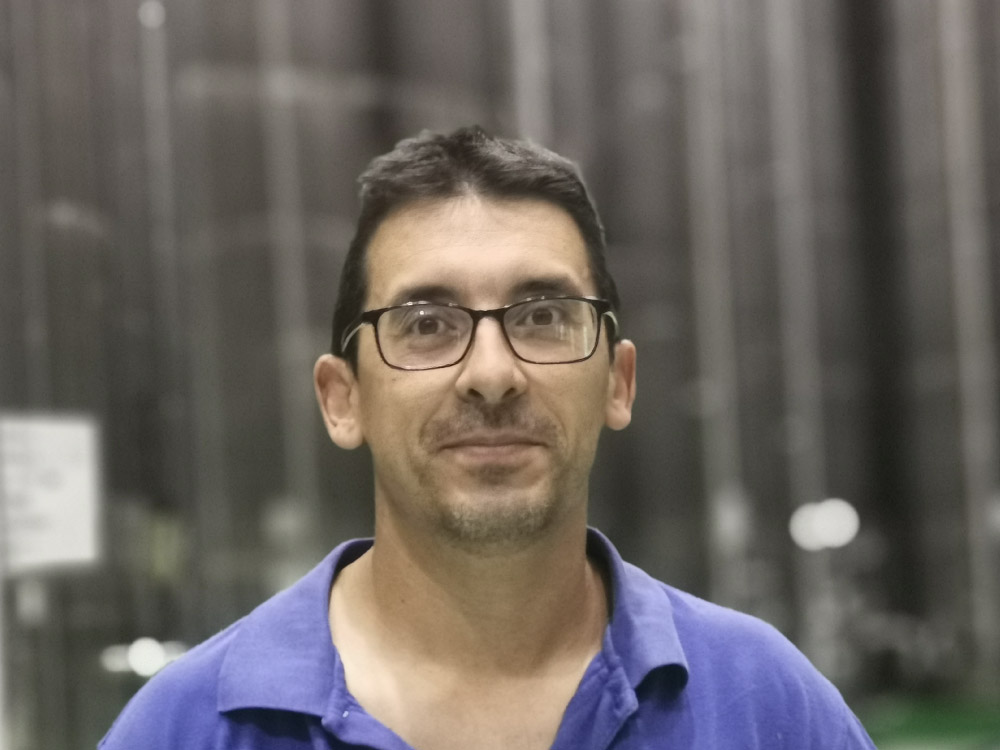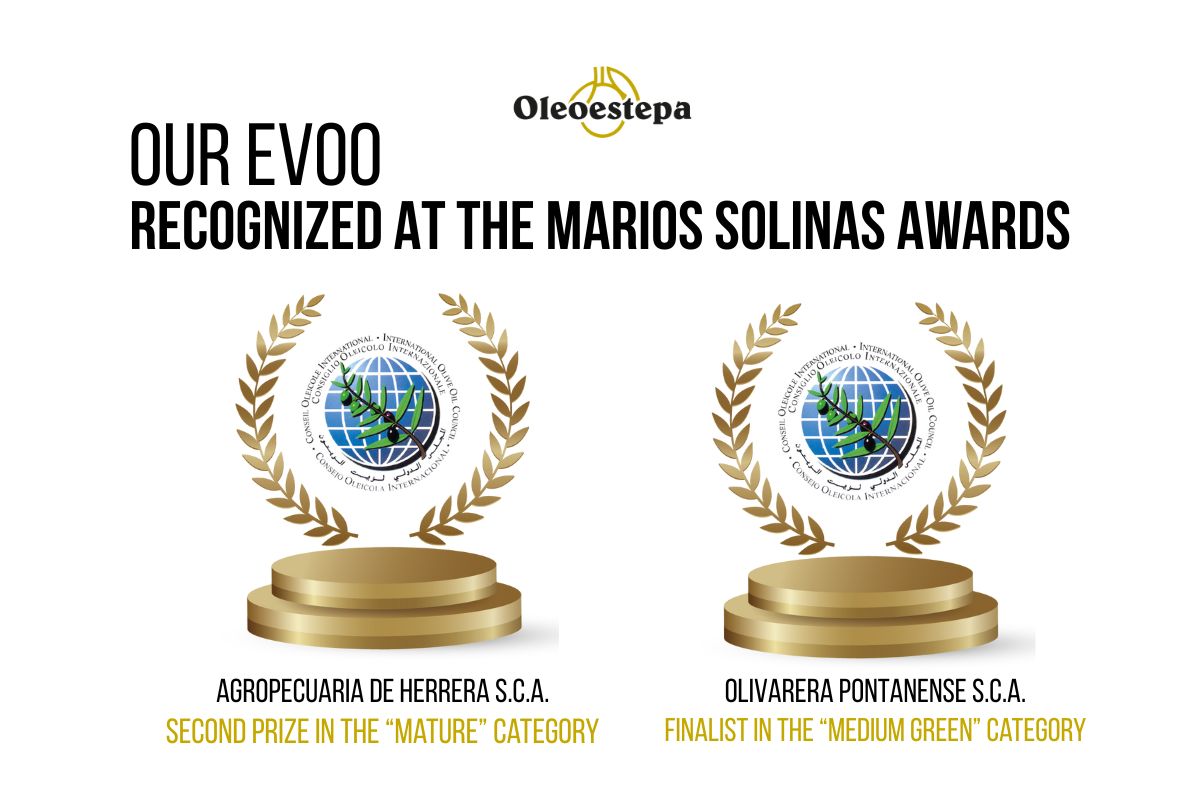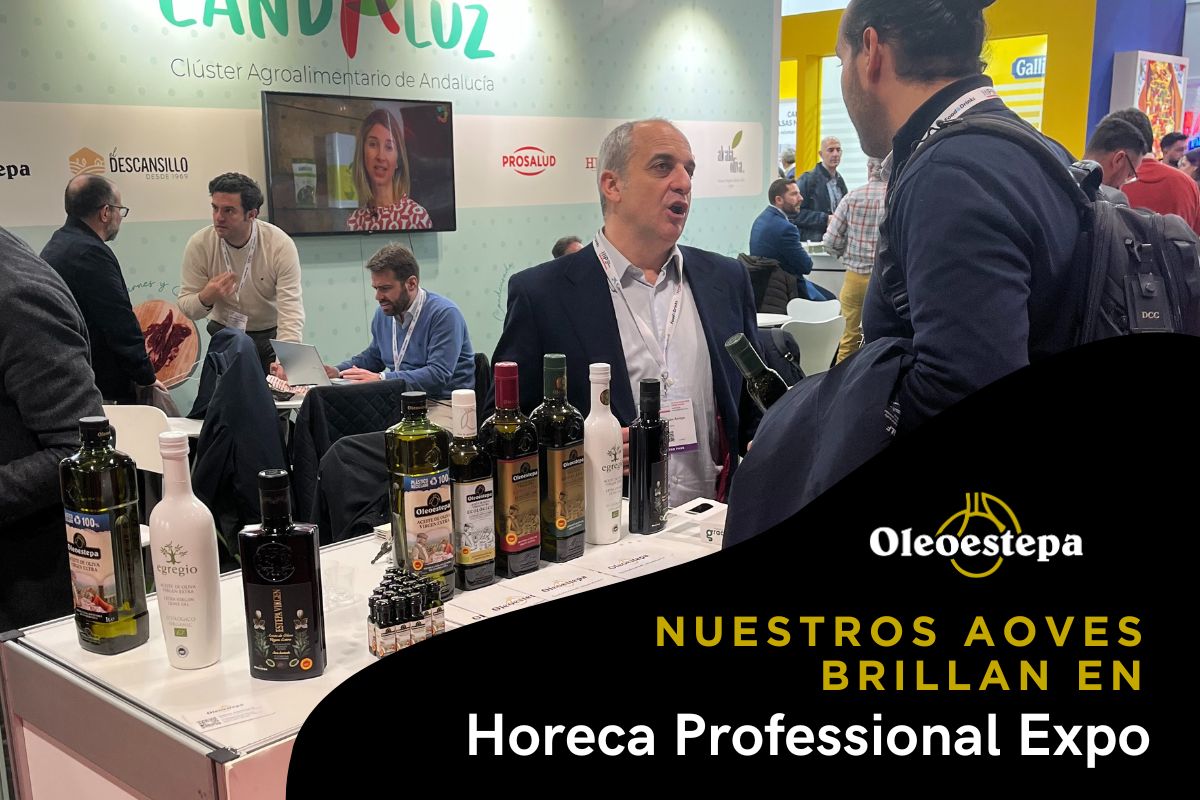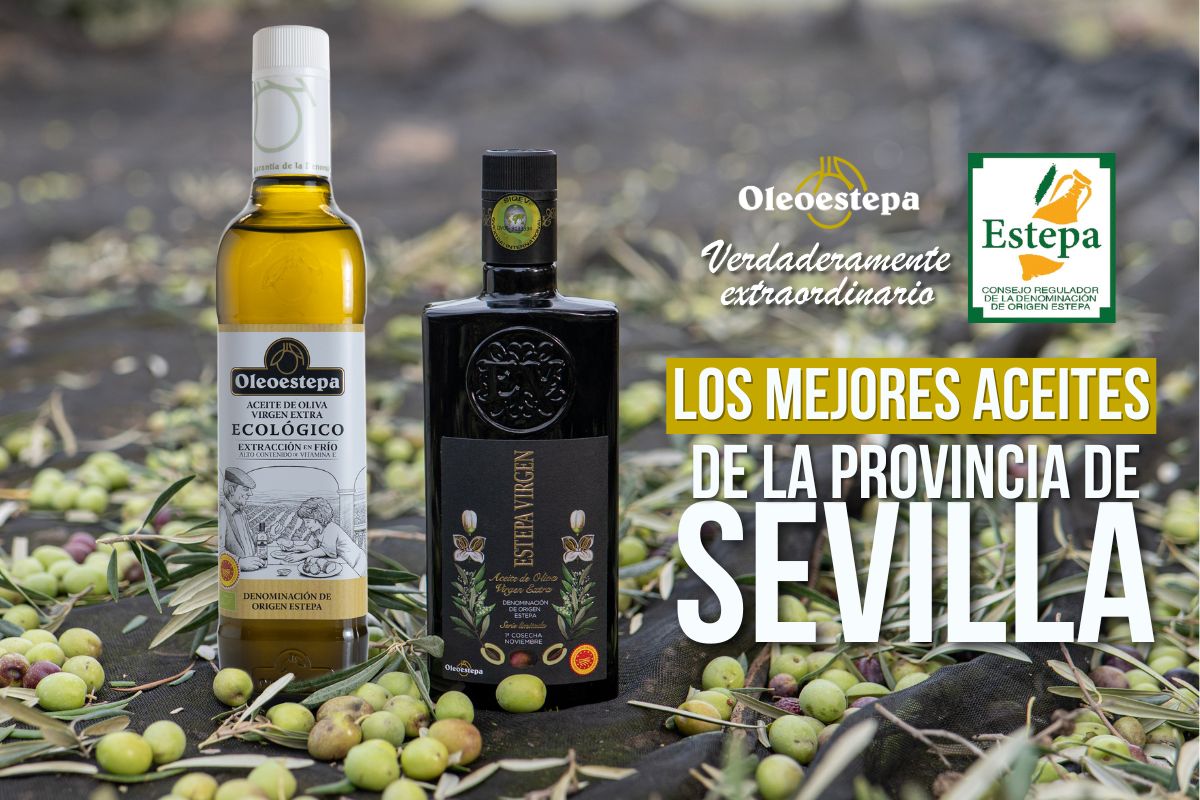Felipe Gómez Arjona
Oil Master Miller at the associated cooperative Olivarera de Pedrera (Seville).
His professional life is closely linked to this cooperative since, despite his youth, he has been working in it for 18 years. “The first years I was dedicated to weighing the olives in the reception area of the mill, but in the fourth campaign I was given the opportunity to work as a teacher and I didn’t turn it down,” Felipe recalls.
The first years as a master were tutored by the senior oil master miller, who taught him all the secrets and tricks to get the best out of the machinery available at the time. Felipe confesses that “now things have changed a lot since then and practically everything is different, looking back I realize that I have lived through all the great changes that this cooperative has undergone since its origin”. For example, the same year he started working in the cooperative they added a new line of work and he was the first to use the new weighing system. “Until today, when we have the best technology for the extraction of the olive juice, we have lived a technological revolution within these walls,” Felipe points out.
So much innovation in machinery and processes has made continuous training essential. For this reason, throughout this time he has not missed any training opportunity to keep abreast of the latest developments in the sector. In this aspect, he values very positively the training courses for oil master miller that Oleoestepa periodically develops, which they try to attend together with the whole team of the mill. In addition to these courses, he considers it essential to deepen the knowledge of sensory analysis by masters. “To know if we are getting an extra virgin olive oil of the highest quality, it is essential to have a broad knowledge of how to taste, to identify attributes and defects in the juice obtained,” Felipe confesses.
His daily activity in the mill throughout the year is divided into two moments: during the campaign and outside of it. Usually from October to January are the most difficult and stressful months, since the continuous and detailed supervision must be permanent. “The pressure is important because a single mistake can ruin an entire tank in the winery,” Felipe points out.
Outside the campaign, his activity is focused on the maintenance and improvement of all the industrial components of the mill, so that “we can start the next campaign on the right foot and without any surprises”.
In his opinion, a key factor in achieving top quality olive juice lies in an adequate selection of the olives in the reception area. “Having several extraction lines allows us to classify the olives according to variety and condition, achieving oils with very homogeneous profiles.” And Felipe adds that “what comes bad we can do very little with them, more than put them together and separate them from the rest. It is better to concentrate on what is good, to extract the juice with the best possible qualities”. To do this, he believes that “time is money” and that the olives should be milled immediately after reception and preparation.
In more than 20 years that he has been in the cooperative he has had time to live infinite anecdotes, but what surprises him most is how everything has changed and the way of working in the mill, concluding in this respect that “unlike what the consumer usually thinks, technology is our great ally”.
All interviews of oil masters mill: https://bit.ly/35qlqBS





